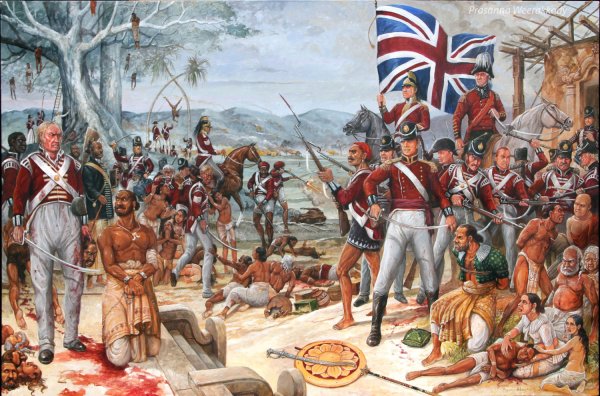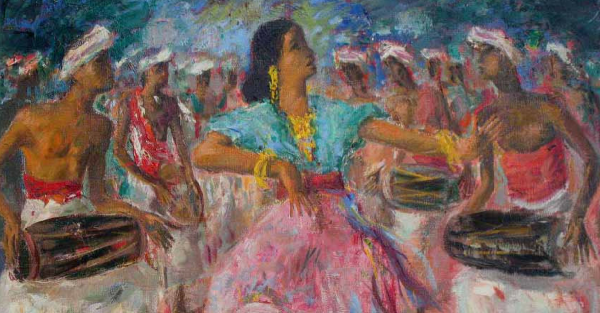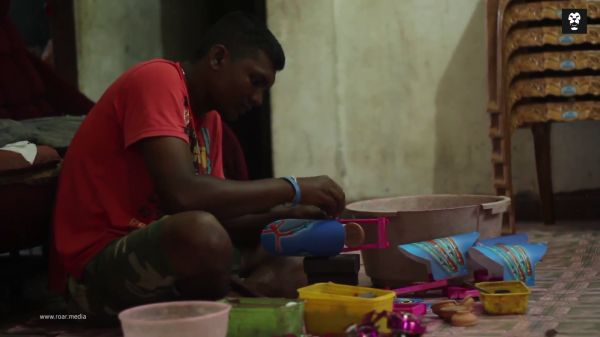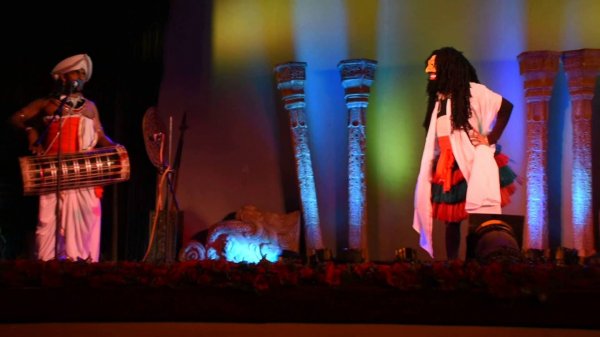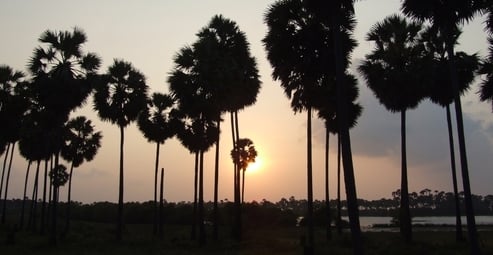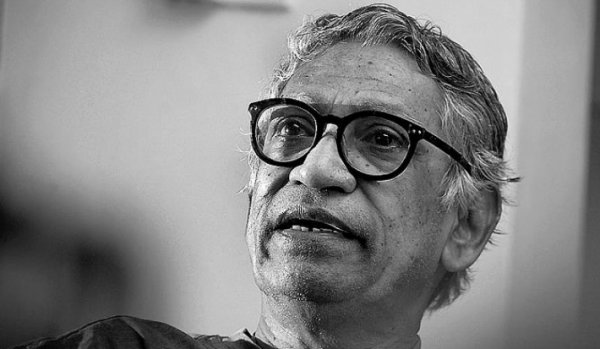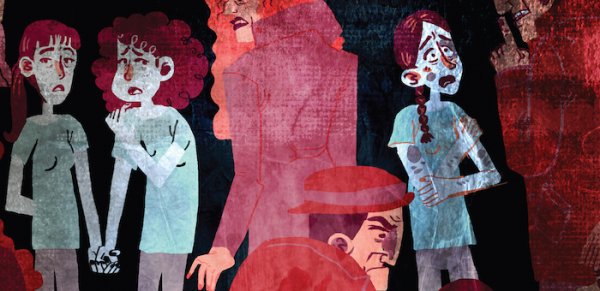
Five Questions is a short series where we interview interesting personalities and shine the spotlight on some of Sri Lanka’s more intriguing professions.
Thilina Heenatigala is a Sri Lankan astronomy educator working with the Leiden University in the Netherlands. He’s also a collaborator of Núcleo Interactivo de Astronomia in Portugal. His goals are to use astronomy as a tool for development: by providing accessible astronomy education materials, training students and teachers, and developing outreach strategies. Currently he works as a Fellow of International Astronomical Union (IAU) Office for Astronomy Outreach (OAO), where he is working towards the 100 year anniversary of the IAU in 2019, and its global outreach network.
He also communicates astronomical knowledge to the public. His research interests are astronomy education research (AER), astronomy literacy level in public, astronomy for people with disabilities, and data analysis on exoplanets and asteroids.
He is also involved with several astronomy-related education projects for Sri Lankan students.
Why Astronomy?
As a kid, I was always fascinated by stars and the night sky. One of my earliest childhood memories was looking up at the night sky and trying to recognise the constellations. When I discovered my uncle’s small binoculars, I spent hours using it to look at the sky. It was awe inspiring to see so many stars in certain areas of the sky, which you can’t see with your naked eye.
Later in the middle school, I learned that you can actually have a career in astronomy. However, the lack of resources and opportunities that we had back then ([and] still do) was a big hurdle. But the main hurdle in Sri Lanka was (and it still is) that everyone surrounding you, and the education system [itself], [was] pushing you to become a medical doctor, an engineer, a lawyer, etc., while recognising astronomy as a hobby.
One of the main reasons I was determined to follow a career in astronomy is because of the understanding of what astronomy brings to society, to us. It’s a field that’s at the forefront of science and tech, answering key fundamental questions: the beginning of the universe, how unique are we, are we alone, etc. A basic understanding of astronomy gives us an overview of the world, to see the world without borders, that we are a tiny speck in the vast universe. It is a humbling and character-building experience to learn more about the universe.
Could you tell us about your background and the work that you’re doing now?
My background is in astronomy/science education. Currently I’m spending some time as a Fellow of the International Astronomical Union (IAU), at its Office for Astronomy Outreach (OAO), supporting the work for the 100 year anniversary of IAU in 2019, and the global outreach network. With the team in Portugal, I’m also developing astronomy competency profiles for teachers.
Could you talk a bit about your work in educating people about astronomy?
Astronomy Education Research (AER) is still quite a new field, even though organised education and outreach in astronomy has been running for a long period. Through AER, one of the core ideas is to standardise the astronomy education system. To achieve this, the team from Leiden observatory and colleagues from other institutions created the first open-access, peer-reviewed platform for astronomy education resources called astroEDU. To push it further, our team is currently working on producing a journal as well.
Another important aspect of my work is training in astronomy/science education. It’s important to train teachers to use astronomy as a tool in the classroom to teach Science, Technology, Art, Engineering, and Maths (STEAM) subjects. In order to make it a reality, we annually organise teacher training workshops around the world, reaching about 5,000 teachers per year. It’s also important to train astronomy students to communicate their research and also train students from developing countries to do astronomy data analysis.
As a result of a recent visit to Sri Lanka, I’m currently working on creating some opportunities for Sri Lankan students to join small research and education projects.
Which of your achievements are you most proud of?
I think the most memorable moment I’m proud/happy about is a very unlikely situation, that happened after one of my first conference lectures [a] couple of years ago. After my talk, a senior astronomer came [up] to me and mentioned a student from Sri Lanka, to whom he mailed an Astronomy 101 book and few other things, years ago. Turns out, I was that student. It was quite an unforgettable moment in my life.
You’re also a photographer and a poet. Do you think it’s important to have artistic pursuits in life too?
Yes, even though astronomy is such a vivid science. I strongly think that every scientist or science enthusiast should keep an artistic side to have a balance. It also helps to inspire your work, and to look at things in new ways. To keep my artist side alive, I tend to do small projects time to time, including some black and white photography and poetry. I also tend to travel quite a lot and work remotely (luckily my work allows me to work remotely).
With your experiences in science education, both in and outside, Sri Lanka, what is your opinion of the Sri Lankan approach to STEM education?
Comparing science education standards, methodologies, and trends in Sri Lanka, we are quite far behind Europe and USA. Currently most leading education systems are using inquiry learning, project-based methodology, and topical learning, while in Sri Lanka we mostly use guided learning—meaning the teacher guides the student step by step. However, with the knowledge and the resources available, it’s not an impossible task to change it locally. Changing the education system will make the students to think outside the box, and follow their passion into making it a career.
Thilina is also working on educational projects in Sri Lanka, like the:
Asteroid Data Analysis Project
In collaboration with IASC, the Sri Lanka Astronomical Association. Students will be able to learn about astronomical data analysis and asteroids. It’s for high school students, undergraduates and graduates from any stream.
Las Cumbres Observatory Observing Project
The Global Hands-On Universe organisation offers one-hour of telescope time on a 0.4 metre telescope with Las Cumbres Observatory to observe an astronomical object. Such as stars, supernovae, exoplanets, and black holes. The student team will be supervised by professional astronomers and the trained by students of MIT.
Astronomy Translation Project with Space Scoop, in Sinhalese
The Space Scoop project creates a kids version of the latest astronomy press releases weekly. The articles cover the most exciting cosmic events in a language that’s easy to understand. The project is looking for two volunteers to translate the latest articles into Sinhalese for 3-6 months period.
Astronomy Glossary Sinhalese
This project plans to build a comprehensive astronomy glossary in Sinhalese in collaboration with science editors, authors and Youtubers. The volunteer position is open for 6 months period, starting from April 2018.
JAXA Hayabusa 2 Space Art Contest
Hayabusa2 is a Japan Aerospace Exploration Agency (JAXA) mission which will observe the asteroid 162173 Ryugu. Scientists know a very little about the appearance of the asteroid Ryugu. JAXA invites Sri Lankans to imagine what Hayabusa2 will see when it reaches the asteroid. Entries are welcome in the format of digital art and on A4 paper. The contest is open to any school or university student. The entries will be judged by Sri Lanka Astronomical Association for the scientific accuracy, and by Collective of Contemporary Artists (CoCA) for its artistic merit. National winners will be invited to an asteroid mission workshop in Colombo. International winners will receive a prize from JAXA.
You can find more information and sign up for these projects at:
http://srilanka.astroepo.org/astronomy-projects-for-students-and-teachers-in-sri-lanka-2018-9/

